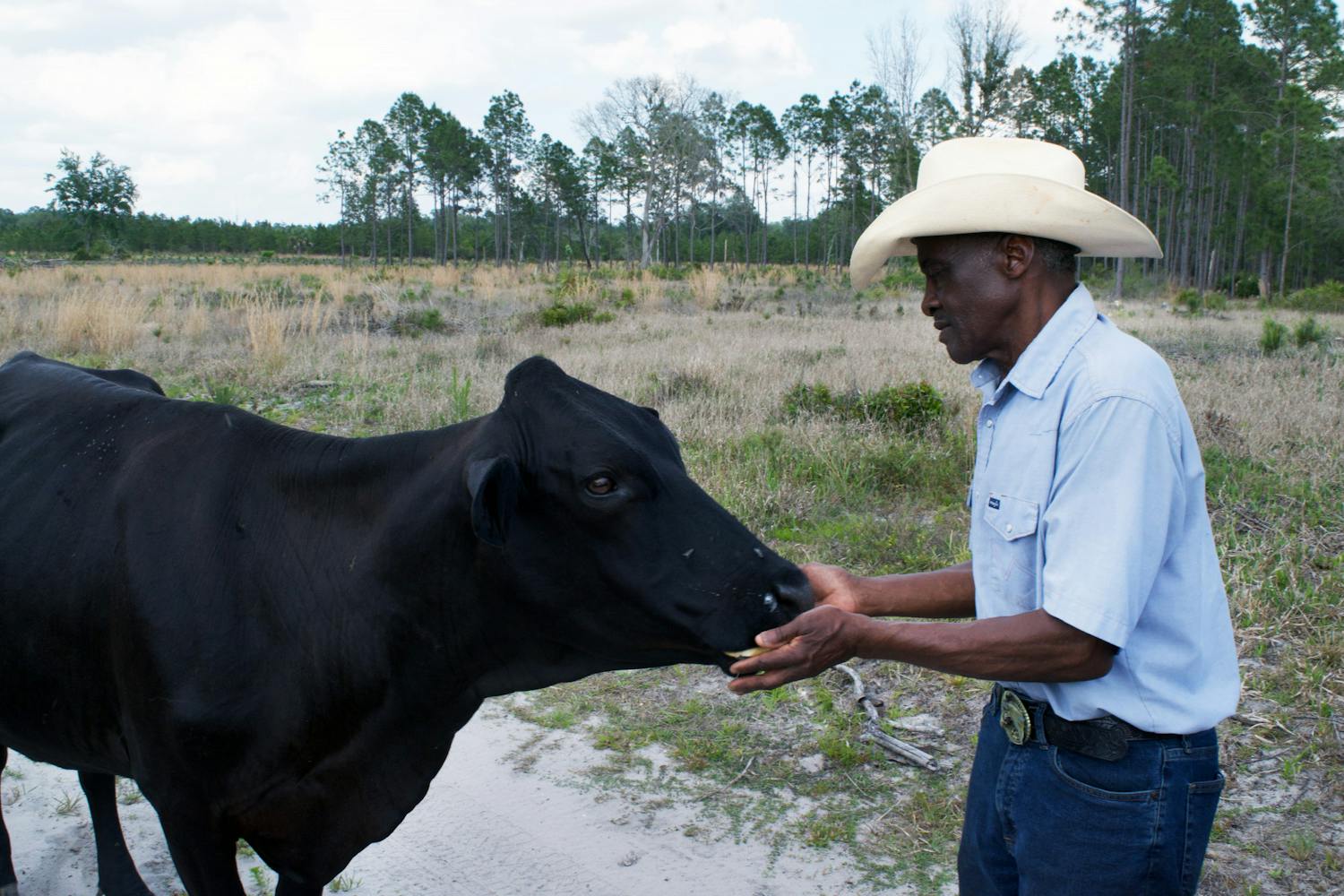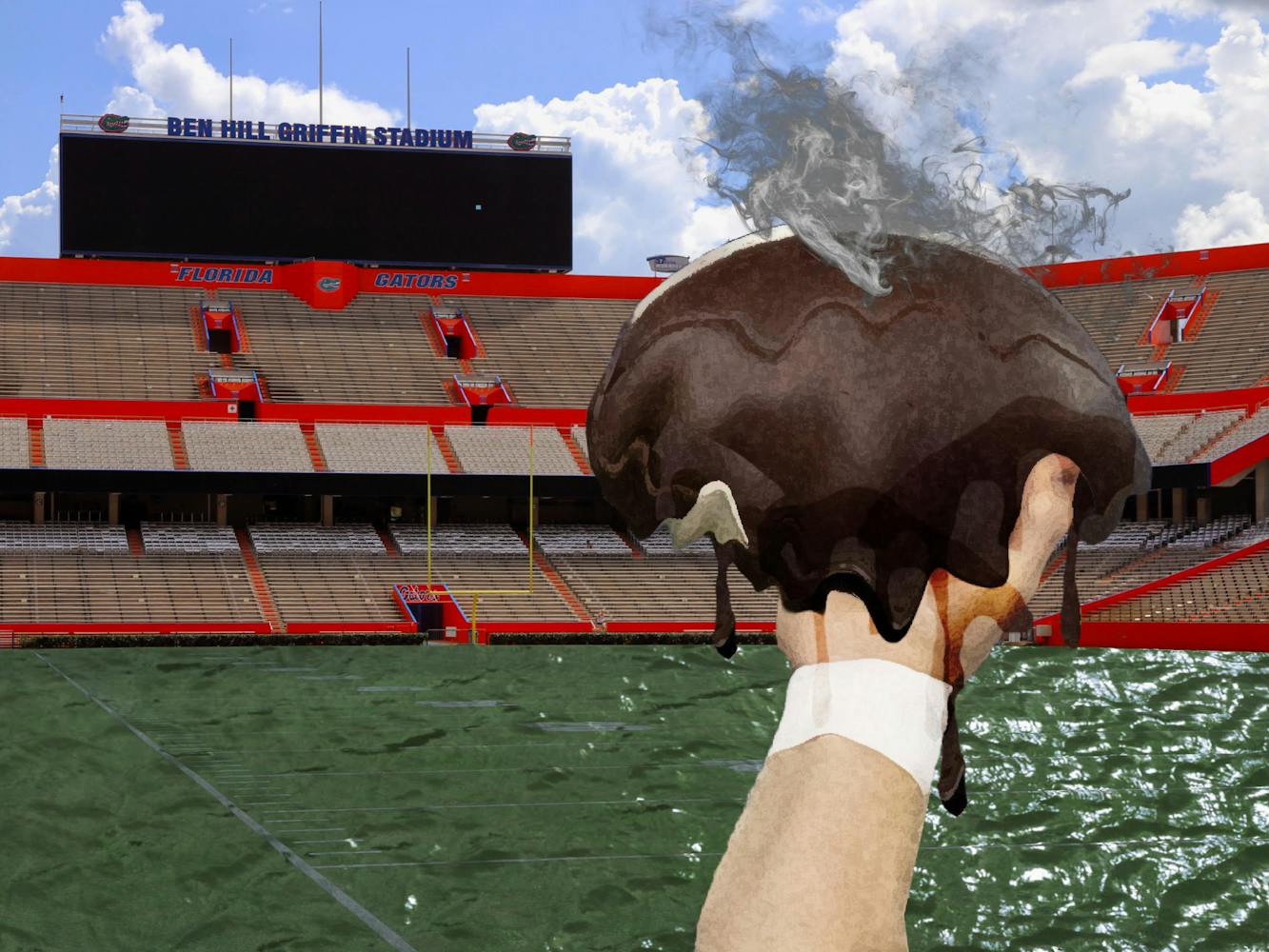









A note from the editor
In north central Florida, our connection to the environment is everything. It surrounds everyday life no matter who you are — a UF student here to get your degree and leave or a longtime Alachua County resident.
On UF campus, you may walk by dozens of oak trees lined with soft pillows of Spanish moss; spend quality time by 10 acres of Lake Alice that are currently suffering from nutrient pollution; or be greeted on your way to class by the once endangered, now treasured Florida Gator. Deep blue, arrestingly clear springs — many at risk of drying up — dot Alachua County and continue to be a favorite for students and families alike.
But over the past few decades, those who love iconic Old Florida have begun to reconcile with an inevitable future: With global warming, rising seas and uncontrolled development, the next generation of students and ACRs may be looking at a bleaker, less vibrant future.
The problems Gen Z will continue to face are personal, as we reconcile with a warming world and a culture that reaps the benefits of Mother Earth but doesn’t give much back.
Throughout The Alligator’s history, staff members have diligently covered the city’s changing environment — whether that be protests against building housing developments on UF’s field next to the bat houses in the ’80s and ’90s or recent efforts to save Ginnie Springs by advocating against a Nestlé permit to use it for bottled water.
At The Alligator, we realize that climate change journalism is sometimes called “the apocalypse beat.” It’s a tough niche to dig into as journalists field the existential dread of informing readers — some who believe worsening conditions are a hoax — of what’s to come.
However, this doesn’t mean we’ve lost hope. As one student told Alligator university reporter Ella Thompson: “A lot of the damage has already been done. But it doesn't mean that we can’t make a change right now.”
In “Where We Stand,” our first-ever edition dedicated entirely to the environment, The Alligator’s Spring 2023 staff hopes to inspire action by giving readers a holistic view of how climate change is impacting UF, Gainesville and Alachua County. In this special project, we cover everything from UF’s climate promises since 2009 to how farmers in rural Alachua County are making their practices more sustainable.
Thank you for reading and for supporting independent student journalism. To make a donation to support future projects like this one, find The Alligator’s PayPal here.
—Alan Halaly, Spring 2023 Editor-in-Chief
